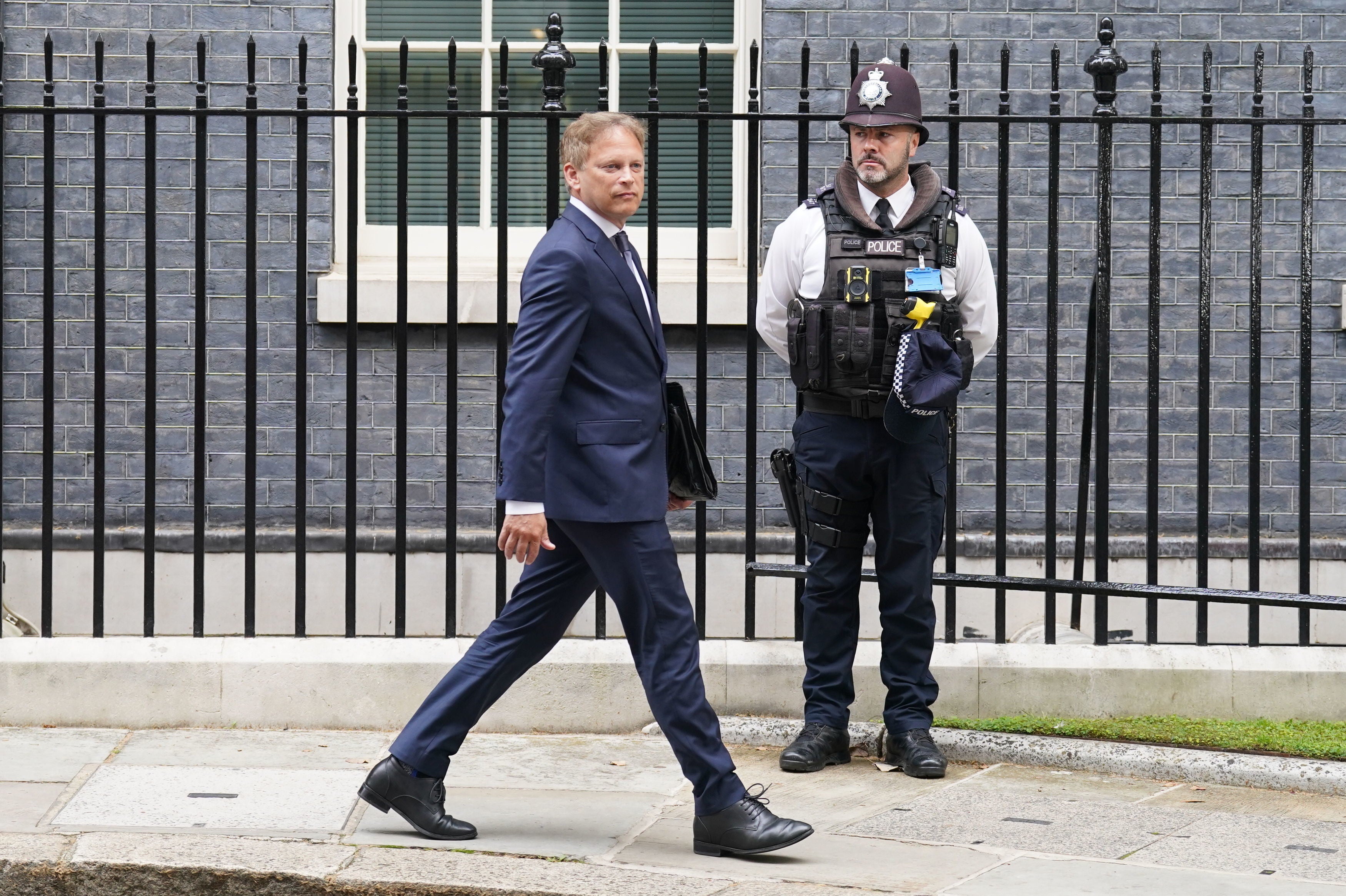Yes, ministers: how unprecedented ‘churn’ disrupts Britain’s government
It’s no wonder ‘the blob’ takes charge when departments change hands every few months, says Sean O’Grady


This week’s micro-reshuffle, in which Grant Shapps was appointed defence secretary and Claire Coutinho became the first of the 2019 intake to make it into the cabinet, has raised fresh questions over stability in government and the amount of ministerial churn.
Shapps is the seventh defence secretary appointed since the Tories came to power in 2010, giving an average ministerial lifespan in that department of just under two years. Ben Wallace, who had the advantage of military service behind him, stayed in post for four years, but many of his predecessors didn’t have the time to master their complex remit.
Coutinho’s replacement as children’s minister, David Johnston, is the seventh in four years, and only one of his predecessors stayed more than a year. Such turnover has become a feature of this government in recent years, but it was also evident towards the end of the Labour government that preceded it.
What’s the record for shortest-serving minister?
Easy: that is held by Michelle Donelan, who spent 35 hours as education secretary in early July 2022, just as Boris Johnson’s government was collapsing beneath him. But honourable mention must be made of Shapps’s six-day stint as home secretary last October; the multi-purpose minister found himself in a kind of Suella Braverman sandwich: appointed when Liz Truss sacked Braverman for leaking cabinet papers and breaking the ministerial code, but soon reshuffled out when Rishi Sunak reappointed Braverman as the price of her support for his entry into No 10.
That contributed to Shapps’s remarkable achievement of holding five cabinet posts in one year. Of course, Truss herself stands out as the shortest-serving prime minister in history, having lasted just 49 days.
Which departments have suffered most?
The problem of high turnover has not been confined to the less glamorous departments. Since 2010, there have been nine DWP secretaries, eight health secretaries, seven home, defence and transport secretaries, 11 ministers for disabled people, and no fewer than 15 housing ministers. In the period since the 2019 election – well under a single term of office – there have been five chancellors.
Isn’t this just because of the Johnson-Truss madness in 2022?
That didn’t help, but the rot set in much earlier. Government since 2010 has been a game of (roughly) two halves. The Conservative-Lib Dem coalition of 2010-15 was extremely stable. There were no ministerial resignations on matters of policy, and the posts of prime minister, deputy prime minister, chancellor, home secretary, business secretary and DWP secretary were each held by one person for the whole period.
By the time David Cameron was succeeded by Theresa May after the 2016 EU referendum, the government started to become unstable and weak (another casualty of Brexit). This was exacerbated by successive purges of ministers undertaken by Johnson and Truss, and the many emergency appointments made during the caretaker administration that took over following Johnson’s resignation announcement and oversaw the protracted search for his replacement.
Is it a new phenomenon, then?
On this scale, it is almost unprecedented. Both the Thatcher and Blair governments were characterised by long-term stability in the great offices of state, but far more turnover in other, typically junior, jobs. Blair only ever had one chancellor, and Thatcher just two in her first decade. Yet each of these governments, like the current one, became more prone to resignations and crises towards the end. Historically, high ministerial churn seems to be part of the pathology of terminal decline.
Does it matter?
It has to. Even a bright and experienced politician needs time to get a handle on things, let alone be confident enough to carry through change and reform. Too much churn leaves open the chance for permanent civil servants to run things. For those who believe that “the blob” frustrates the democratic will of the electorate, endless reshuffles weaken the chances of ministers getting their way and honouring manifesto commitments.
On the other hand, the fact that departments such as housing, business and education continue to function despite political mayhem suggests that maybe our ministers aren’t quite as vital to the smooth running of the state as they would have us believe.
Join our commenting forum
Join thought-provoking conversations, follow other Independent readers and see their replies
Comments
Bookmark popover
Removed from bookmarks